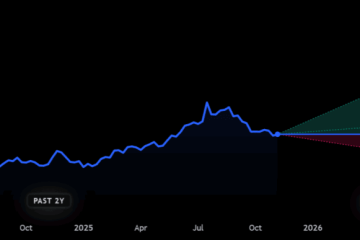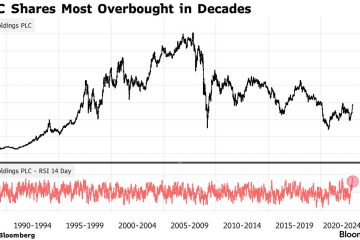The Legacy of Fred Goodwin in Banking and Finance

Introduction
Fred Goodwin, the former CEO of the Royal Bank of Scotland (RBS), is a pivotal figure in the discussion surrounding corporate governance and financial management. His tenure at RBS, marked by rapid expansion and subsequent collapse during the 2008 financial crisis, has made him a controversial symbol of banking excess and the failures of risk assessment in financial institutions. Understanding his role and decisions offers insights into the challenges faced by banks and regulators.
The Rise of Fred Goodwin
Goodwin joined RBS in 2000, quickly transforming it into one of the largest banks in the UK through aggressive acquisition strategies, including the purchase of ABN AMRO in 2007 for £49 billion. His leadership style was characterized as autocratic, and he focused on pursuing growth while often sidelining concerns regarding financial risks. This strategy, however, ultimately spiralled into significant financial instability as the global market faced liquidity crises.
The Downfall and Financial Crisis
By 2008, RBS had amassed overwhelming debts and was heavily exposed to subprime mortgages, leading to its near-collapse. The UK government had to intervene, providing a £45 billion bailout in one of the most dramatic rescues in financial history. Goodwin stepped down in October 2008, leaving behind a bank that had seen its shares plummet and required substantial taxpayer support. His resignation marked a critical juncture in the industry’s recognition of the need for improved regulatory oversight.
Aftermath and Lessons Learned
In the aftermath, Goodwin faced significant criticism and was stripped of his knighthood in 2012. His case has sparked extensive discussion about ethical leadership, accountability in corporate governance, and the responsibilities of bank executives. The fallout from RBS has led to enhanced regulatory measures globally, including the establishment of stricter capital requirements and greater scrutiny of banking practices.
Conclusion
The legacy of Fred Goodwin serves as a cautionary tale for the financial sector, illustrating the consequences of unfettered ambition and inadequate risk management. As the banking industry continues to evolve, the lessons learned from Goodwin’s tenure at RBS resonate in efforts to create more resilient institutions that prioritise transparency and ethical practices. For policymakers and financial leaders, the emphasis must remain on safeguarding against the risks of future crises while honouring the principles of responsible management.









